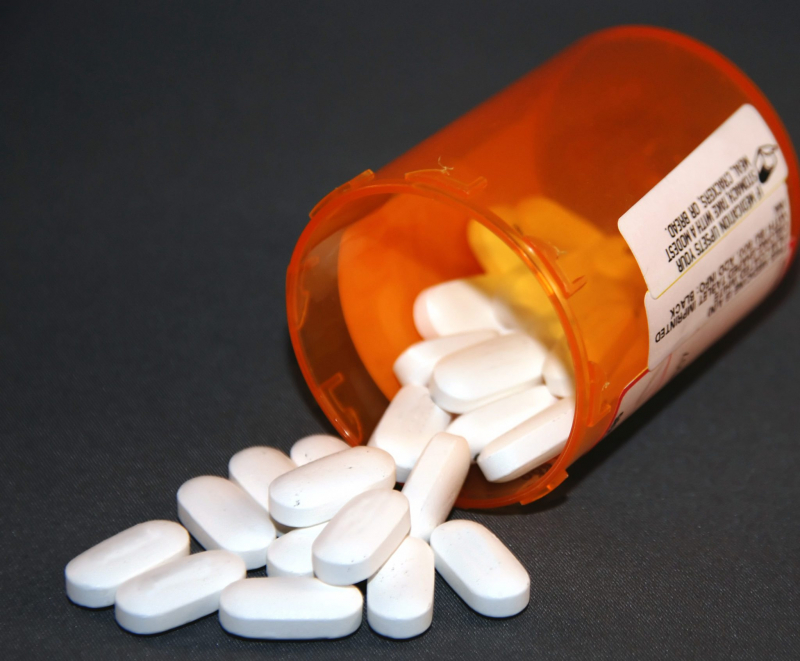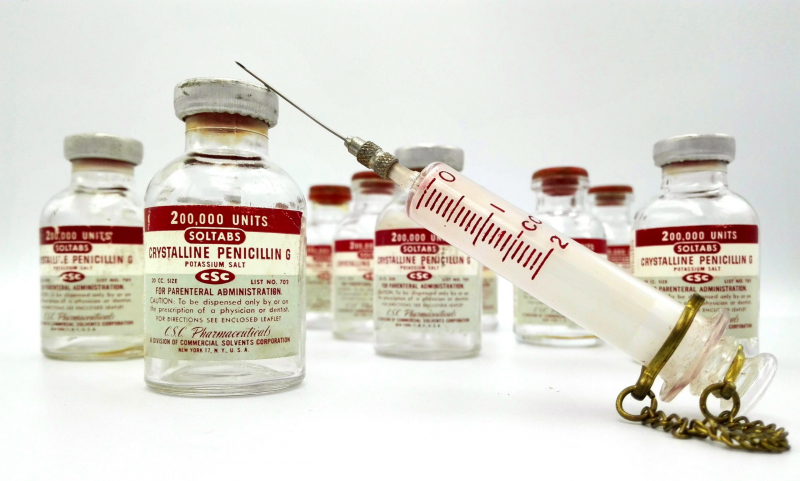Penicillin
There was a time when even small scrapes and bruises on the battlefield may become dangerous. Prior to the discovery of medicines, cholera and pneumonia infections killed as many men as the enemy, if not more. According to one estimate, illness was to blame for close to one third of all military fatalities during World War One.
During the Second World War, everything altered at some point. Whereas antibiotics like penicillin controlled outbreaks and wound-related complications, pesticides like DDT helped keep battlefields free of dangerous carriers. Alexander Fleming, a Scottish microbiologist, made the initial discovery of it in 1928, but the technology to mass produce it wasn't developed in the U.S. until the war had already started. According to one estimate, the discovery of penicillin lowered the incidence of combat deaths from bacterial pneumonia from 18% to 1%. It was a revolutionary innovation that saved countless lives during the conflict.












